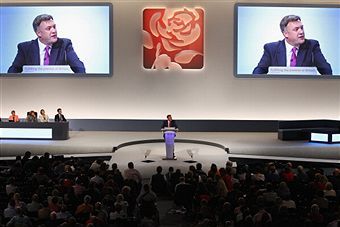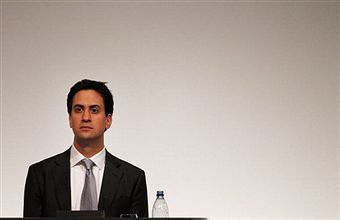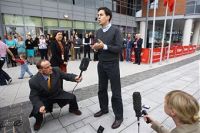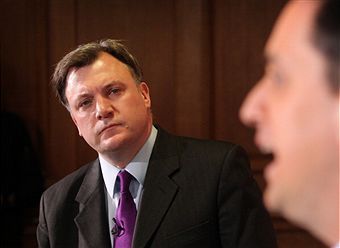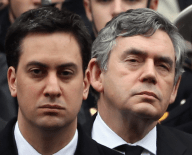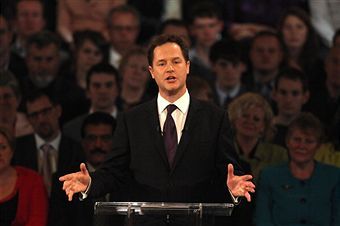Labour yet to find an answer to EU immigration
Ed Balls’ choreographed apologies earlier today included the acknowledgment that “we should have adopted tougher controls on migration from Eastern Europe”. He first adopted this stance during last year’s leadership election, when he offered an undeliverable but popular objective to court the ‘Gillian Duffy tendency’, who had turned away from New Labour. What began as classic opposition politics is now the party line, with Ed Miliband telling delegates yesterday, “We got it wrong in a number of respects including understating the level of immigration from Poland, which had a big effect on people in Britain.” And there are stories in today’s Mail and the Express about the deleterious effects of
